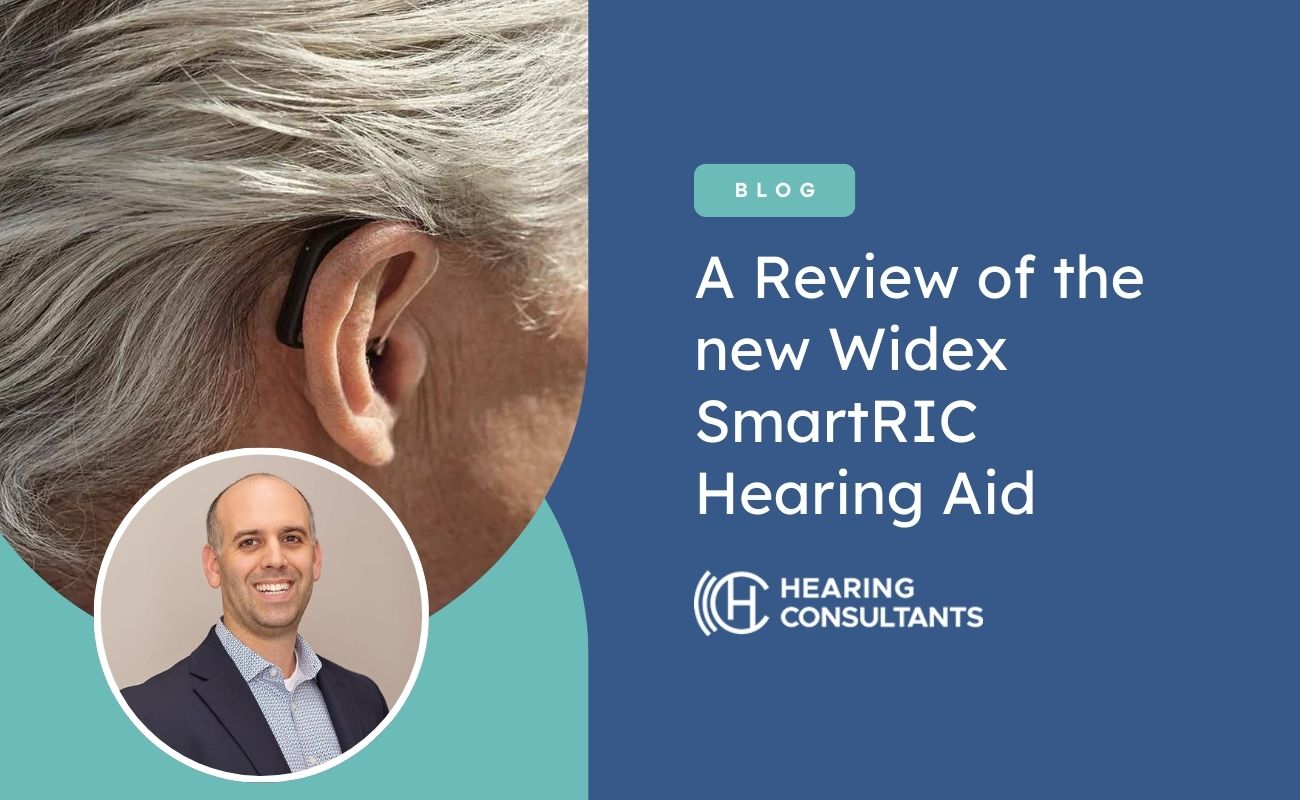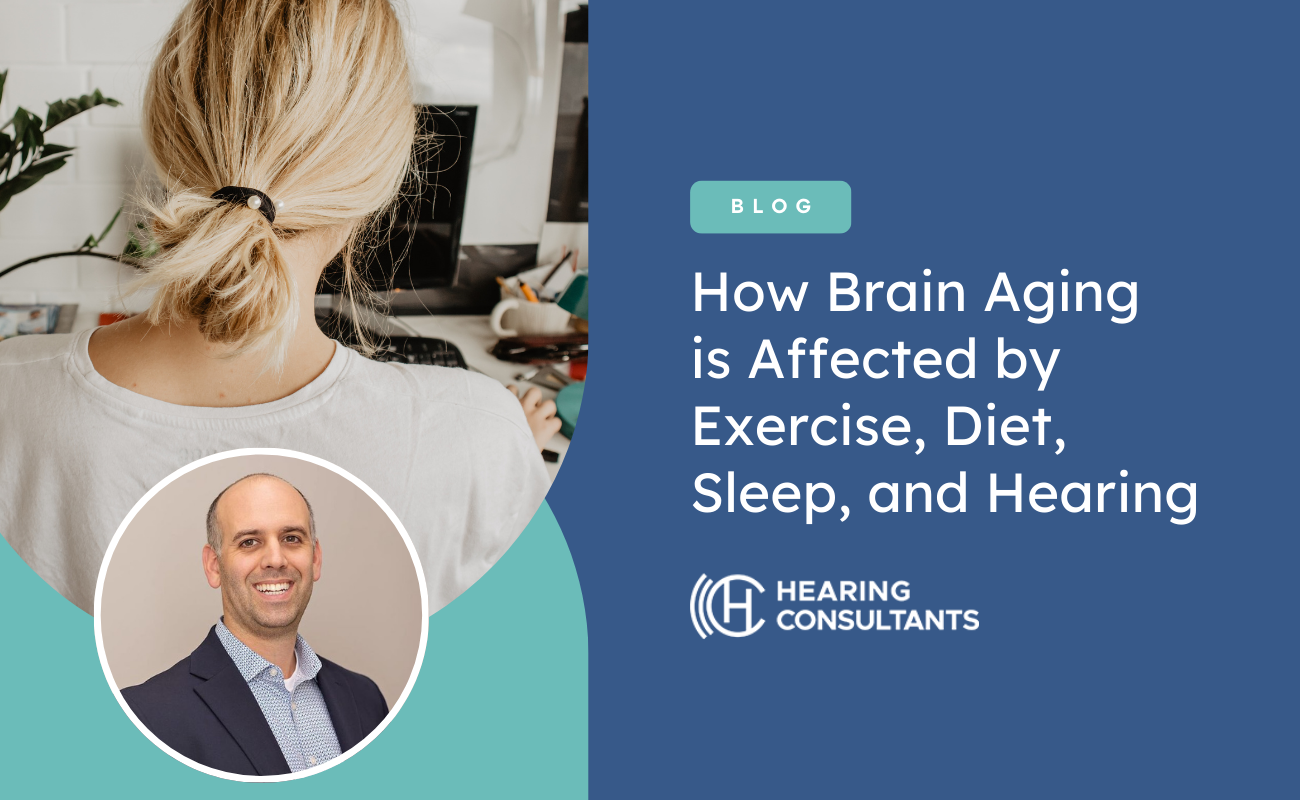Subtle hearing loss while young changes brain function, study finds
When you're young, it’s common to feel like your health will never catch up with you. This unfortunately has led many youths to experience hearing loss at a much earlier age. Many youths enjoy the intensity of loud music on the stereo, to dance to 4 am at a loud club right next to the speaker or even just blast music into their headphones while studying. Sounds we love release endorphins and it’s tempting to want to hear more and feel more of this. However, this behavior which many participate in when they are young can lead to serious issues with hearing. Now a 2018 study has found that hearing loss in younger people affects cognitive function and development.
The Effect of Hearing Loss on a Younger Generation
A study from The Ohio State University explored the effects of hearing loss on a younger generation and found that those with even an unnoticeable hearing loss are putting more burden on their cognitive functioning which more often displayed in late-middle age.
“Hearing loss, even minor deficits, can take a toll in young people,” says lead researcher Yune Lee, an assistant professor of speech and hearing science at Ohio State. “They're using cognitive resources that could be preserved until much later in life. Most concerning, this early hearing loss could pave the way for dementia.”
The Study
The study published in the online neuroscience journal eNeuro first set out not to identify the effects of hearing loss in the brain in young people. Instead, it aimed to examine brain activity and speech recognition to identify cognitive changes that occur when trying to comprehend challenging sentences.
The test group for the study included 35 healthy participants, of all genders between the ages of 18 and 41 years old. They used functional magnetic resonance imaging (fMRI) technology to measure and map brain activity while playing the participants, sentences of varying difficulty. The sentences were delivered in sets of four with the complexity of grammar increasing, as they progressed.
Sample Sentences:
- Kings with three black horses that appreciate queens are good
- Kings that appreciate queens with three black horses are good
- Kings with three black horses that queens appreciate are good
- Kings that queens appreciate with three black horses are good
The study participants were asked questions about each sentence to indicate comprehension.
Unexpected Findings
Lee’s team expected to see activity and changes in the left hemisphere of the brain as participants deciphered these sentences. Before the fMRI tests, the researchers tested the participants' hearing to make sure it would not interfere with the study. However, for those with just mild hearing loss, the scientists did not believe it would keep them from engaging equally in the study.
However, the results of the fMRI found that those with subtle hearing loss showed an increased cognitive demand when deciphering speech. It caused a higher cognitive load, forcing those with hearing loss to work harder to understand the progression of sentences.
Instead of affecting the left side of the brain, the right frontal cortex was used to compensate for the hearing loss. This is remarkable for most as the use of the right frontal cortex is generally seen in older people as cognitive decline is more common.
The Implications
What is significant about these findings is that those who were using this modified cognitive functioning were people whose hearing loss was so mild that most wouldn’t even consider it an issue. At first, it didn’t even seem noticeable to the researchers conducting the study.
"Previous research shows that people with mild hearing loss are twice as likely to have dementia. And those with moderate to severe hearing loss have three to five times the risk,” said Lee. The surprising finding of this study illuminated the serious risk of hearing loss to a younger generation. Even if it doesn’t seem like it is immediately affecting your health and your communications, it is.
Treating Hearing Loss
There are numerous causes of hearing loss and they can all affect your hearing and cognitive health, no matter your age. However, it’s important to understand that treating your hearing loss with hearing aids can improve comprehension and significantly reduce the risk of cognitive decline and dementia. The first step is to schedule a hearing test with us before it becomes a bigger issue in the future. Contact us today to learn more!
Get in touch with
Hearing Consultants
Contact our clinic to schedule an appointment today!







